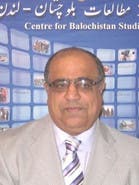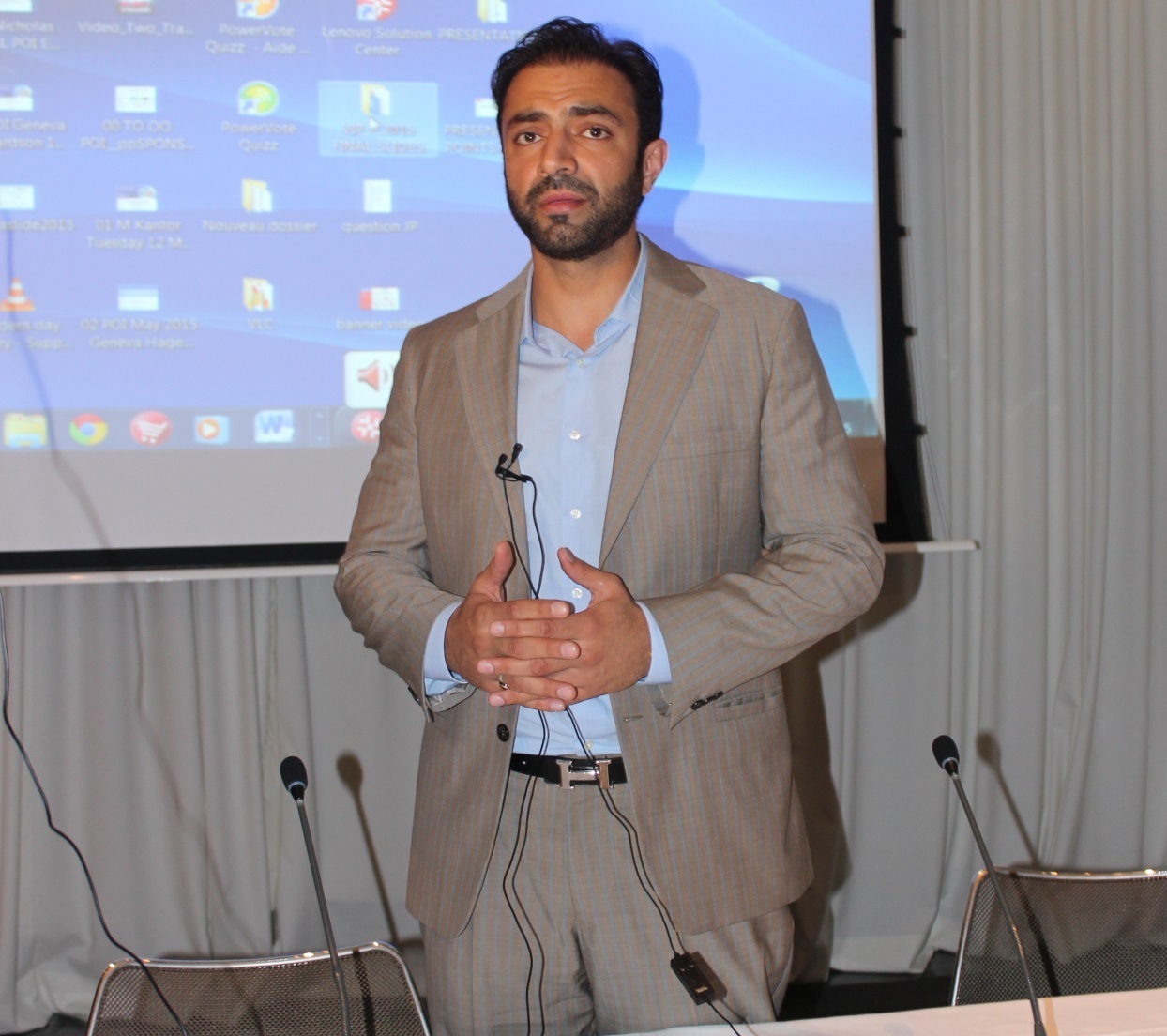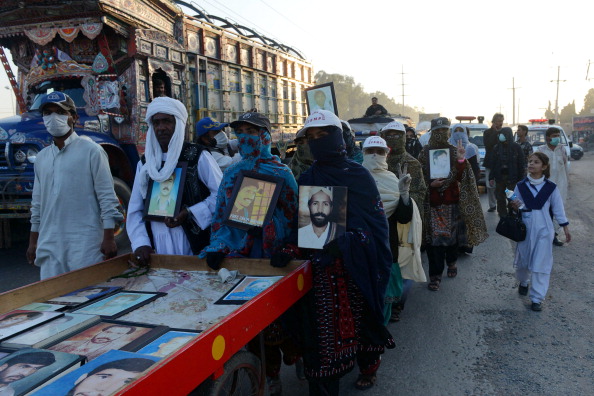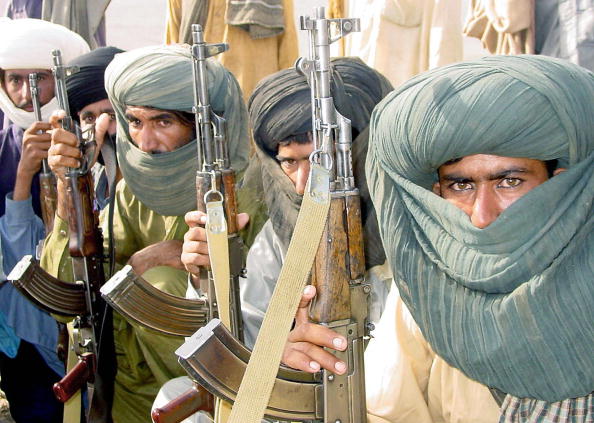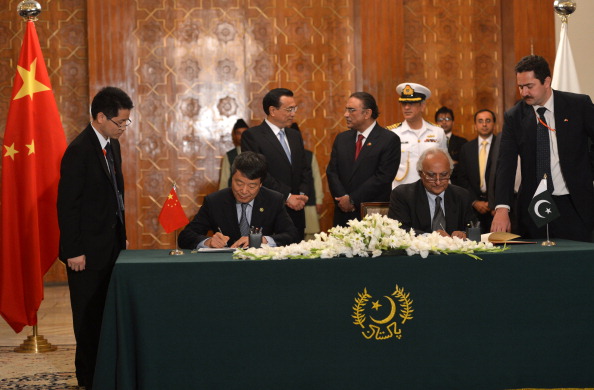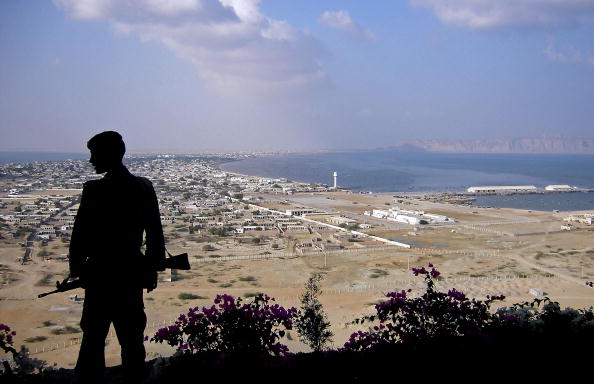بیست و یکم فوریه مناسبتی است بین المللی برای جشن گرفتن روز جهانی زبان مادری که توسط سازمان ملل تصویب شده است . اما متاسفانه در ایران اهمیت چندانی به این مناسبت مهم داده نمی شود. زیرا هموطنان فارس زبان ضرورتی در مورد جشن گرفتن حق طبیعی و قانونی که هرگز از آن محروم نبوده اند، تا قدر آن را بدانند، نمی بینند. بقیه اقوام ایرانی نیز اجازه ندارند از سرنوشت تلخ و محتوم زبان مادری خویش در داخل کشور "تک زبانی" ایران گله و زاری یا ادعای مطالبه بکنند. دبیر کل یونسکو در پیام خود بمناسبت روز جهانی زبان مادری تاکید می کند که روز بین المللی زبان مادری امسال به تحصیل چندزبانگی اختصاص داده شده است که فرصتی برای اتحاد وبسیج شدن جهت رسیدن به اهداف توسعه پایدار و بویژه اهداف چهارم توسعه پایدار در تضمین آموزش فراگیر و باکیفیت برای همه و ترویج یادگیری مادام العمر است. تحصیل و اطلاعات در زبان مادری کاملا برای بهبود یادگیری و تقویت اعتماد به نفس و عزت نفس ضروری است که از قدرتمندترین موتورهای توسعه بشمار می آیند. این زبان ها ارزش ها و چشم اندازهای جهانی را با خود منتقل می کنند که باعث غنای بشریت می شوند. بها دادن به این زبانها افق های ممکن را در آینده باز می کند و انرژی لازم برای دستیابی و رسیدن به آنها را تقویت می کند. وی درخواست می کند آموزش چندزبانی در همه جا از جمله در تحصیل و سیستم های مدیریتی، آثار فرهنگی، مدیا، فضای مجازی و تجارت به رسمیت شناخته شود.
بر طبق داده های منتشر شده توسط سایت اتــنـولـوگ، حدود ۶۹۰۹ زبان و گویش زنده در دنیا وجود دارد. اگرچه اکثریت قاطع این زبانها توسط تعداد محدودی از ساکنین کره خاکی مورد استفاده قرار می گیرد. بعنوان مثال در کشور چهار میلیونی پاپوا نیوگینی (گینه نو) بیش از ۸۳۰ زبان وجود دارد. و یا درکشور دویست هزار نفری وانوآتو، ۱۱۴ زبان و گویش مختلف وجود دارد. انجیل به بیش از ۲۲۸۷ زبان دنیا ترجمه و تکثیر شده است. اما ۹۴% از جمعیت جهان فقط با ۳۸۹ زبان و گویش صحبت می کنند. زبان فارسی نیز در رده ۳۴ زبانهای زنده دنیا قرار دارد که بر اساس سایت اتــنـولـوگ زبان مادری حدود نیمی از ایرانیان می باشد. بر طبق داده های این سایت، زبان آذری در رده ۴۹ و زبان کـُردی در رده ۵۶ و زبان بلوچی در رده ۹۷ جدول زبانهای زنده دنیا قرار دارند. از منظر زبانی بیش از دوسوم کشورهای جهان جمعیتی کمتر از بلوچستان دارند. اما در بلوچستان ایران تدریس و نشر به زبان بلوچی ممنوع است؛ در حالیکه در بلوچستان پاکستان اینگونه نیست. بر طبق قانون اساسی افغانستان بلوچی یک زبان برسمیت شناخته شده می باشد. در مورد تبعیض و سرکوب زبانی و فرهنگی، می توان به بسیاری از اقوام و "ملیت های" دنیا اشاره کرد که از حق تدریس به زبان مادری خود بصورت عامدانه و جابرانه محروم هستند.
شوربختانه در ایران مطالبه برحق برای خواندن و نوشتن و آموزش و سخن گفتن به زبان مادری را "خواسته دشمن روی گسلهای قومی و در راستای تجزیه ایران" قلمداد کرده، و با نگاه امنیتی و سرکوبگرانه آن را به حاشیه می رانند. اگرچه همه می دانند ایران همانند هند و سویس و اسپانیا و بلژیک و بریتانیا و کانادا و دهها کشور دیگر، یک مملکت چندزبانه بوده و است. بر طبق اصل پانزده قانون اساسی جمهوری اسلامی، زبان و خط رسمی و مشترک مردم ایران فارسی است. اسناد و مکاتبات و متون رسمی و "کتب درسی" باید با این زبان و خط باشد. ولی استفاده از زبان های قومی و محلی در مطبوعات و رسانه های گروهی و تدریس ادبیات آن ها در مدارس در کنار زبان فارسی آزاد است. اما علیرغم این حق تصریح شده در قانون اساسی کشور، تقریبا نیمی از مردمان ایران از حق طبیعی خود برای آموزش به زبان مادری محروم هستند.
شش سال پیش بمناسبت همین روز نوشتم که متاسفانه فرهنگ تبعیض و تحقیر دیگران در ایران و بخصوص بین هموطنان مرکز نشین نهادینه شده است. تحت تاثیر بمبارانهای تبلیغاتی نظیر "هنر نزد ایرانیان است و بس!" و "فارسی شکر است"، بسیاری از آنها از درک این حقیقت ساده عاجز هستند که زبان مادری هر کسی برای او "شکر" است ؛ و این حلاوت مختص زبان فارسی نیست. بلوچها نیز به زبان بلوچی می گویند "عـسـل" یا شـهـد! "بلوچی مئی وتی شهدین زباننت". زبان های زنده و رایج در بین اقوام ایرانی مانند بلوچی، آذری، کردی، عربی، ترکمن، طالشی، گیلک و غیره، زبان های پویایی هستند که علیرغم تبعیض و سرکوب فرهنگی، در کنار زبان فارسی به حیات خود ادامه داده اند. در یک سیستم متمدن، دمکراتیک و مدرن این زبان ها باید برسمیت شناخته شوند. همانگونه که در کشورهای همسایه نظیر پاکستان، افغانستان و عراق چند زبانی برسمیت شناخته شده است.
دو سال پیش نیز بمناسبت همین روز در مقاله ای بنام "فارسی را پاس بداریم بقیه زبانها را زاپاس" نوشتم که دکتر حسن روحانی در بند ۴ بیانیه شماره سه خود در مورد حقوق اقوام، ادیان و مذاهب که در ٩ خرداد ١٣٩٢ منتشر شد، قول تدریس زبان مادری ایرانیان بطور رسمی در سطوح مدارس و دانشگاهها و اجرای کامل اصل ١۵ قانون اساسی را داد و در بند ۵ همان بیانیه قول تقویت فرهنگ و ادبیات اقوام ایرانی و پیشگیری از زوال آنان را داد. در بند ٨ بیانیه نیز قول به تغییر نگاه امنیتی نسبت به اقوام و فرهنگ های آنها داد. اما در عمل اینگونه نشد، علیرغم اینکه ایشان بیشترین آرا را در مناطقی مانند بلوچستان، کردستان و ترکمن صحرا بدست آوردند. وعده های حسن روحانی در عمل توخالی از آب درآمدند، و ایشان نتوانستند یا نخواستند نگاه امنیتی بر مولفه زبان مادری را تغییر دهند. این قرائت امنیتی ـ شوونیستی برای تحریک احساسات توده ها و به اصطلاح عـِـرق ملی مورد سوءاستفاده فراوان قرار گرفته است. علیرغم اینکه همه پذیرفته ایم که زبان فارسی زبان مشترک همه ایرانیان است. این در حالی است که در بسیاری از کشورهای “یکپارچه” اما چند زبانی مثل سوئیس، هندوستان، و بلژیک و کانادا حتی یک زبان رسمی واحد و یا به اصطلاح مولفه “وحدت” و هویت ملی وجود ندارد.
بر اساس تبیین یونسکو، بارزترین مولفه فرهنگی و هویت جمعی هر قوم و ملتی، زبان آن می باشد. اهمیت آموزش و تدریس به زبان مادری نه تنها بمثابه یک حق طبیعی و مسلم انسان، بلکه به عنوان اساسی ترین وسیله ارتباط انسان و موثرترین واسطه کـُنش و واکـُنش او با محیط خویش می باشد. ترقی و پیشرفت انسانها و جوامع آنها ارتباط کاملا ً مستقیم با توانایی آنها در تحصیل دانش و آموختن علم از گهواره تا گور دارد. متاسفانه فرزندان بلوچ و اقوام دیگر نه تنها با نابرابری زبانی (در مقایسه با فارس زبانان) آموزش ابتدایی را آغاز می کنند که قبل از فراگرفتن نوشتن و خواندن، ناچارند زبان مادری جدیدی را یاد بگیرند؛ بلکه وحشتناک تر از آن با کمداشت و کاستی های فراوان در عدم وجود تسهیلات آموزشی، مدرسه مناسب، معلم و امکانات مالی و غیره روبرو هستند. این عدم توازن دوگانه و تبعیضات چندلایه باعث تولید رقابت نابرابر و ستم مضاعف و بروز نارضایتی و شکاف های عمیق در بدنه جامعه و "هویت ملی" می شود. اکثریت فرزندان هموطنان فارس زبان در تهران، مشهد، کرمان، شیراز، اصفهان و یزد و صدها شهر دیگر با امکانات نسبی بسیار فراوان آموزش و پرورش را به زبان مادری خود آغاز میکنند. چالش بزرگ فرزندان این هموطنان یاد گرفتن نوشتن الفباء و خواندن است و بس. اما در بلوچستان و مناطق قومی یا ملیتی ایران علاوه بر فراگیری حروف الفبا و اعداد، یاد گرفتن زبان جدیدی به نام زبان فارسی نیز مطرح است. بسیاری از محققان و کارشناسان امور آموزش و پرورش بر این عقیدهاند که آموزش اجباری به زبانی غیر از زبان مادری یکی از عوامل عمده اُفت آموزشی و بازماندگی از تحصیل در همان “آغاز” کار میباشد. حال بگذریم از این حقیقت تلخ که ، بعنوان مثال، ما بلوچها در مدارس کپری بدون امکانات اولیه و علیرغم فقر و سوءتغذیه و کمبود معلم و تسهیلات آموزشی، باید با افتخار با هموطن فارس زبان از شهرهای بزرگ و کوچک ایران در کنکور رقابت کنیم. هر نوع اعتراض در مورد این تبعیضات علنی و عامدانه و ظالمانه و آشکار، با انگ تجزیه طلبی بیرحمانه سرکوب می شود.
عبدالستار دوشوکی
مرکز مطالعات بلوچستان ـ لندن
فوریه ۲۰۱۷

